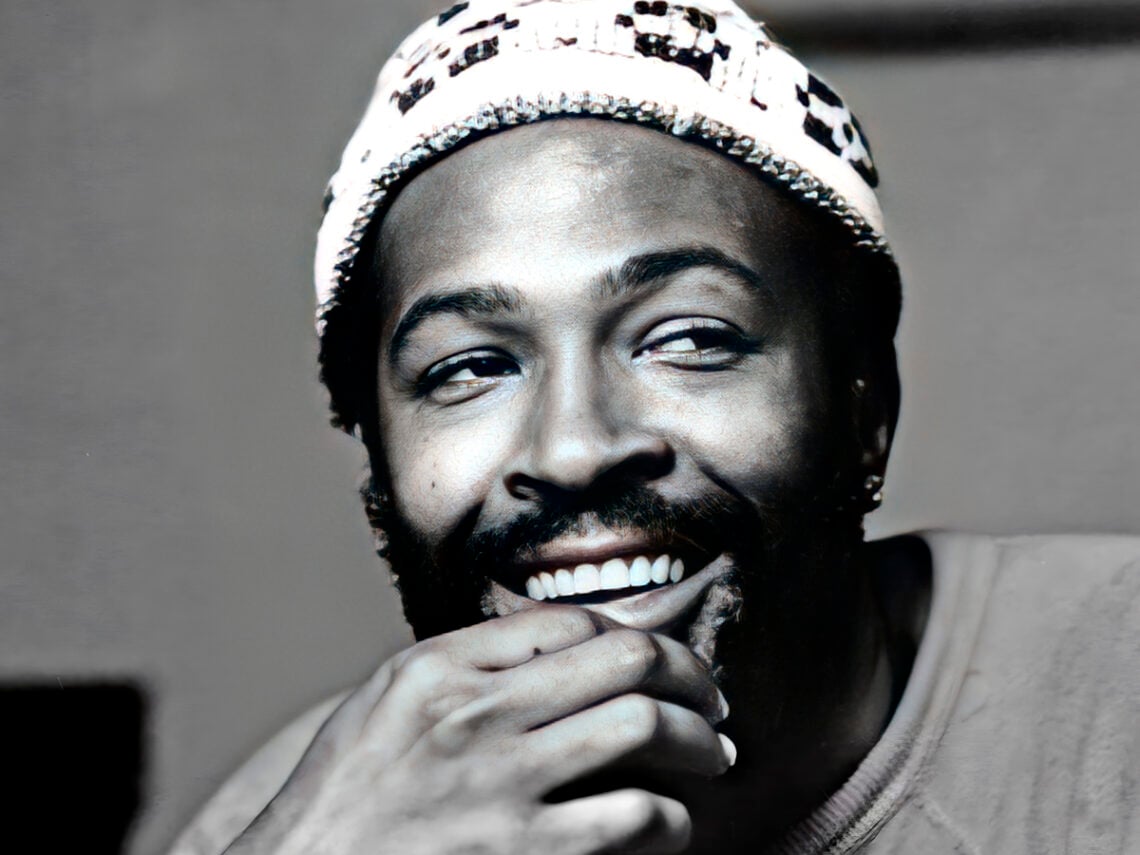
(Credits: Alamy)
April 1st marks 40 years since the political symbol and musical icon Marvin Gaye was shot and killed by his abusive father. Since his passing, Gaye’s music has stood the test of time, cementing him not just as a genius of his time but a significant footnote in musical history. Now, it appears new, as yet unreleased music has surfaced; however, rather than leading to celebration, it has sparked a legal battle.
A collection of cassette tapes containing unreleased music by Gaye has been found in Ostend, Belgium. 66 demo songs belonging to the musician Charles Dumolin have been unearthed after lying hidden in Belgium for over 40 years.
Dumolin and Gaye lived together for some time in the 1980s. The soul sensation had left America for London to evade potential arrest for unpaid taxes and was also in the midst of a troublesome cocaine. After meeting Dumolin in a nightclub in London, Dumolin pleaded with Gaye to come live with him in Ostend while he battled his addiction.
During this stay, Gaye supposedly gave the unreleased music to Dumolin. News of their existence has led to an ongoing debate about who the tapes belong to and whether anybody can publish what is on them.
“[The tapes] belong to [the family] because they were left in Belgium 42 years ago. Marvin gave it to them and said, ‘Do whatever you want with it’ and he never came back. That’s important,” said Alex Trappeniers, a business partner of the Dumolin family. He continued to the BBC, “We can open a time capsule here and share the music of Marvin with the world. It’s very clear. He’s very present.”
The issue doesn’t lie with the owner of the tapes but relates to who has the right to publish the work in them. Belgium law states the recordings belong to the Dumolin family, as after 30 years, the material becomes the property of the people who hold it, no matter how it was acquired. However, it is unclear whether or not the Dumolin family have the right to release the songs to the public, as that’s an issue contained within intellectual property, not just in who has possession of the music. It may be that Gaye’s heirs in the US still have the right to publish the music.
There is certainly a lot of hype surrounding the unreleased demos, not only because it is new music by the Motown legend but also because of the quality of the tracks. While a lot of post-humous work tends to lack quality and be unfinished, one song in particular on the cassettes has been described as a “Moment of planetary alignment”.
This is a developing story, and whether or not the public will ever get the chance to hear the unreleased recordings has yet to be decided.
